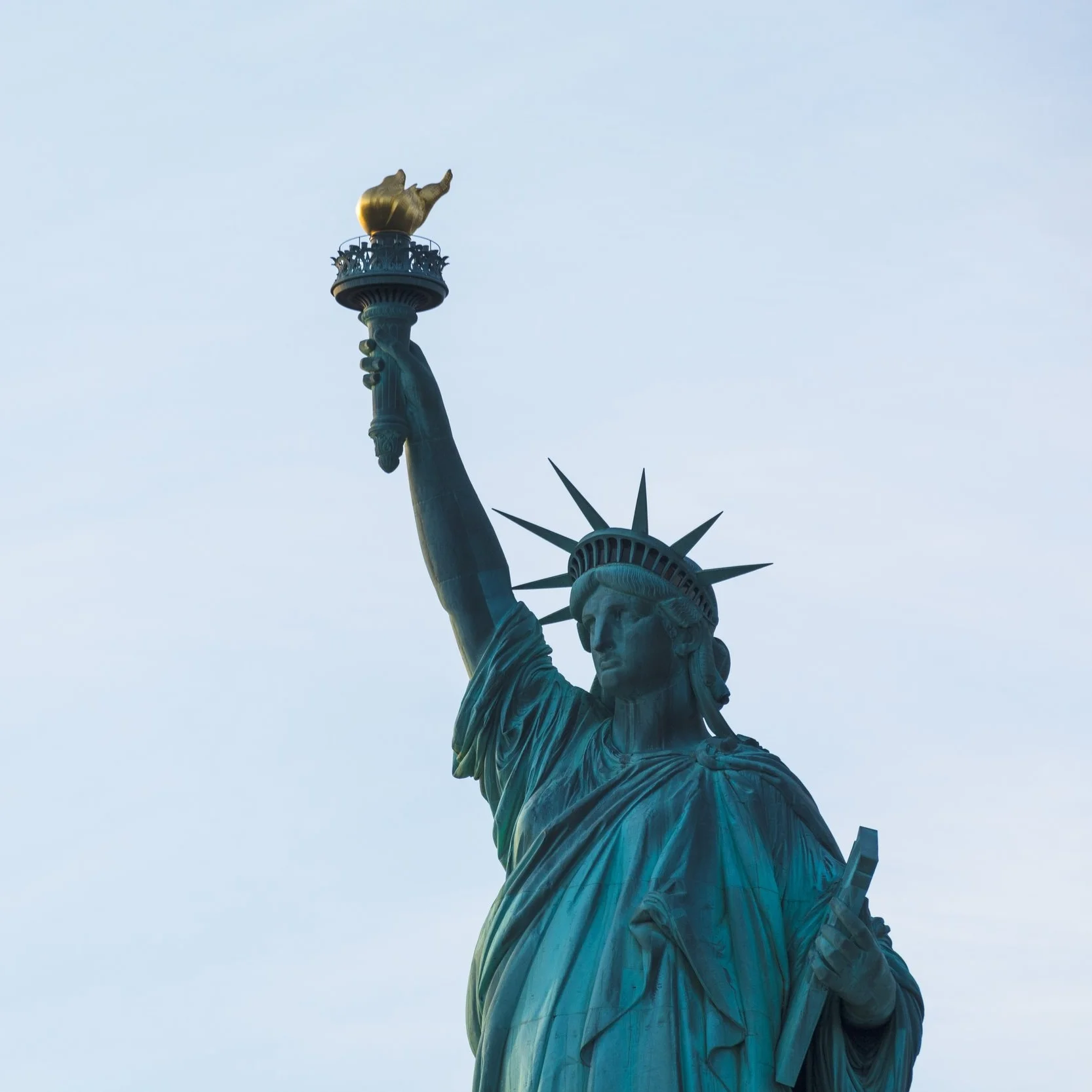The Legal Fight for Homeschooling
/Homeschooling is growing in popularity, and now approximately 3.4% of Americans homeschool their children (1.8 million children). Much of homeschooling’s growth can be attributed to increased dissatisfaction with public education and the expanding number of homeschool resources.
Thankfully, homeschooling is legal in every state in America. However, this was not always the case. There were many judicial and legislative battles throughout the states fighting for the legal right to homeschool. And even still, there are many states that have excessive restrictions on homeschool families.
State Prohibition of Homeschooling
Homeschooling really is the American tradition. Outside of public schools in New England in the 1600s (due to Puritan influence), most Americans relied on some form of private education until the late 1800s. Especially in the South, American children were educated by parents in the home and were sometimes aided by private schools and tutors. It was often parents who taught their children reading, writing, arithmetic, religion, social skills, and the trades.
The public school movement began in the 1830s and went into full force during Reconstruction (post-1865), a period of increased desire for government control (a major component of the Progressive Era as a whole). In order to implement this government school system, states passed laws requiring compulsory attendance and confiscatory taxation. It was the compulsory attendance laws that set the stage for homeschooling legal battles. Massachusetts was the first state to pass compulsory attendance laws in 1852 and Mississippi the last in 1917.
Compulsory attendance laws even posed some challenges for private schools, though the Supreme Court ruled in Pierce v. Society of Sisters (1925) that parents have the right to educate their children outside of the public schools. However, after Pierce, most states required children to attend either public or private school up to a certain age. (The only states that allowed homeschooling were Oklahoma, Massachusetts, and Indiana, followed by Illinois and Virginia in the 1950s). Some states also required teachers to possess a state teaching certificate, an indirect way of prohibiting homeschooling.
Homeschooling's Legal Victories
Home education had mostly been wiped out until the 1960s, when Presbyterian minister R.J. Rushdoony advocated for an exodus from the public schools. (See his work The Messianic Character of American Education.) Other homeschool advocates included John Hunt and Raymond Moore.
Then in 1983, two attorneys founded the Home School Legal Defense Association (HSLDA). In exchange for a $100 per year membership, HSLDA funded all legal expenses for homeschool defense. There had previously been an important victory in New Jersey, State v. Massa (1967), but most of the state judicial and legislative battles were fought in the 1980s. By 1989, there were only three states that outlawed homeschooling (Iowa, Michigan, North Dakota). Finally, with a victory at the Michigan Supreme Court in 1993, homeschooling became legal in every state in the Union. (Michigan followed this with legislative protection two years later.)
State Regulation Varies
Homeschooling still has its opponents, particularly the public education bureaucracy and the teachers unions. There are many enemies of freedom that would outlaw homeschooling if they could, and some of them work to implement burdensome state regulations on homeschoolers.
States today vary widely in homeschooling laws. (Here is a helpful homeschool legal guide for every state.) Some states require no notice from homeschool families (such as Michigan and Texas), some states have extensive regulation and require a thorough assessment (such as New York and Pennsylvania), and most states fall somewhere in between.
We should be thankful for the work of those who fought for the legal right to homeschool in the United States. The right to homeschool is, of course, a God-given parental right. However, there will always remain the fight to prevent government interference with this right. This freedom does not exist everywhere in the world. So let us take advantage of this freedom and pray that it may be recognized among all nations.

















